-
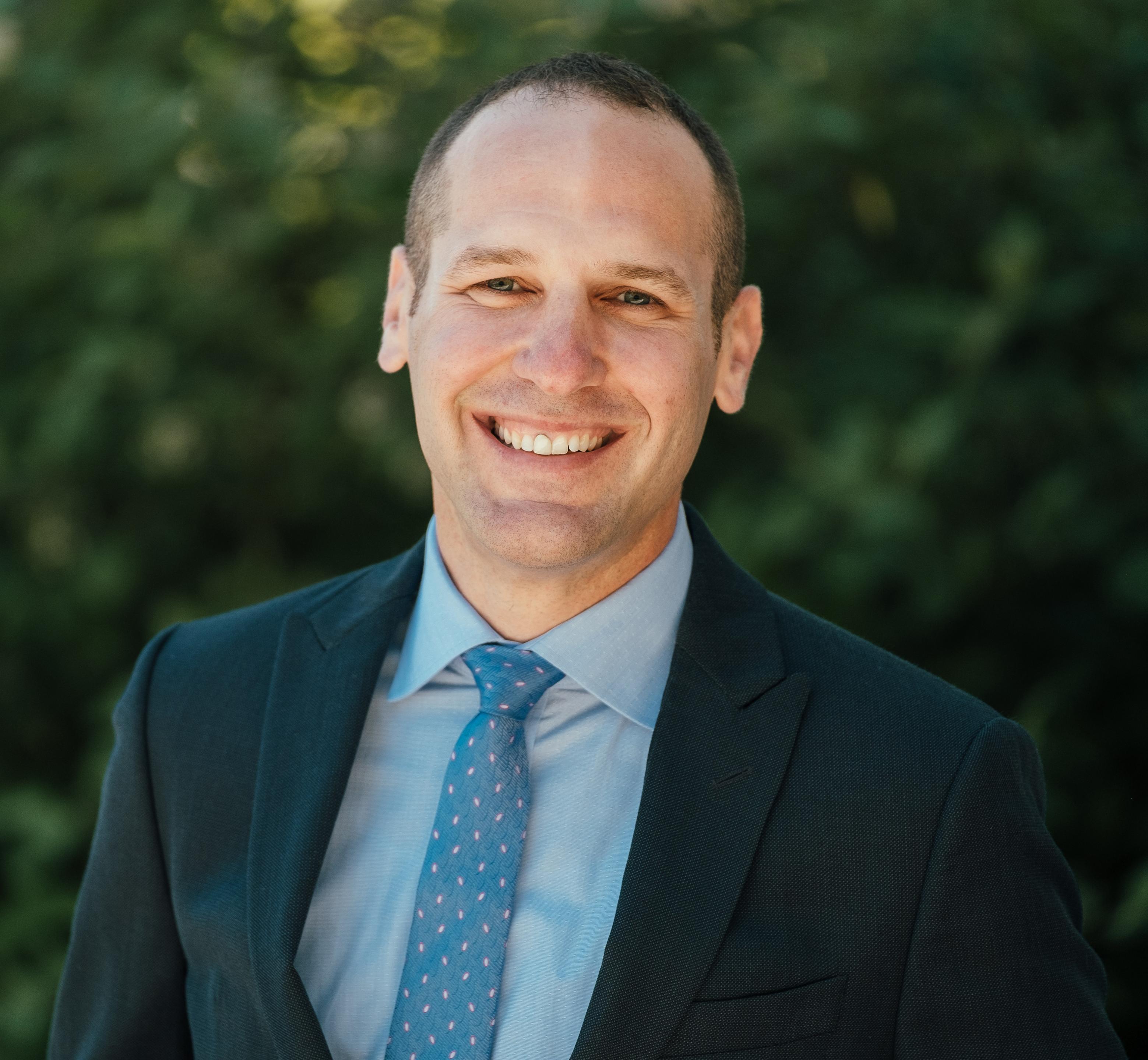
Erez Aloni, Assistant Professor, Peter A. Allard School of Law
email: aloni@allard.ubc.caAs a family law scholar, I aim to reveal the diverse laws that together affect a family’s composition and well-being, and to understand how those laws create effects—socioeconomic and otherwise—on society at large. My work stages the family as an institution affected by a broad range of laws, norms, and economic structures. I am particularly interested in distributional results of legal regulation of the household and the intersection of private law with family law. My current project examines the connections between regulation of the family and wealth inequality.
-
-

David Clough, Assistant Professor, Sauder School of Business
email: david.clough@sauder.ubc.caMy research aims to enhance our understanding of the interplay between technological evolution and the networks of relationships between organizations. To introduce new generations of technology into complex product systems, such as telecommunications or computing, many separate components of the systems need to be adjusted. I study how networks of interfirm strategic alliances can be employed to coordinate on the timing of moves to new technology generations. Furthermore, I am studying how organizational learning occurs through buyer-supplier ties in the context of Formula 1 motorsports. In a separate stream of research, I study how entrepreneurs mobilize resources and find cofounders from amongst their social network contacts.
-
-
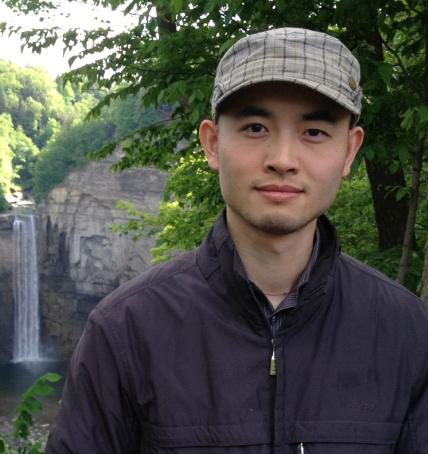
Hu Fu, Assistant Professor, Department of Computer Science
email: hufu@cs.ubc.caBefore joining UBC, I received my PhD from Cornell University, after which I was as postdoc at Microsoft Research and Caltech. My research focuses on computational questions arising from economic activities, such as pricing, auctions, and marketplace design.
-
-
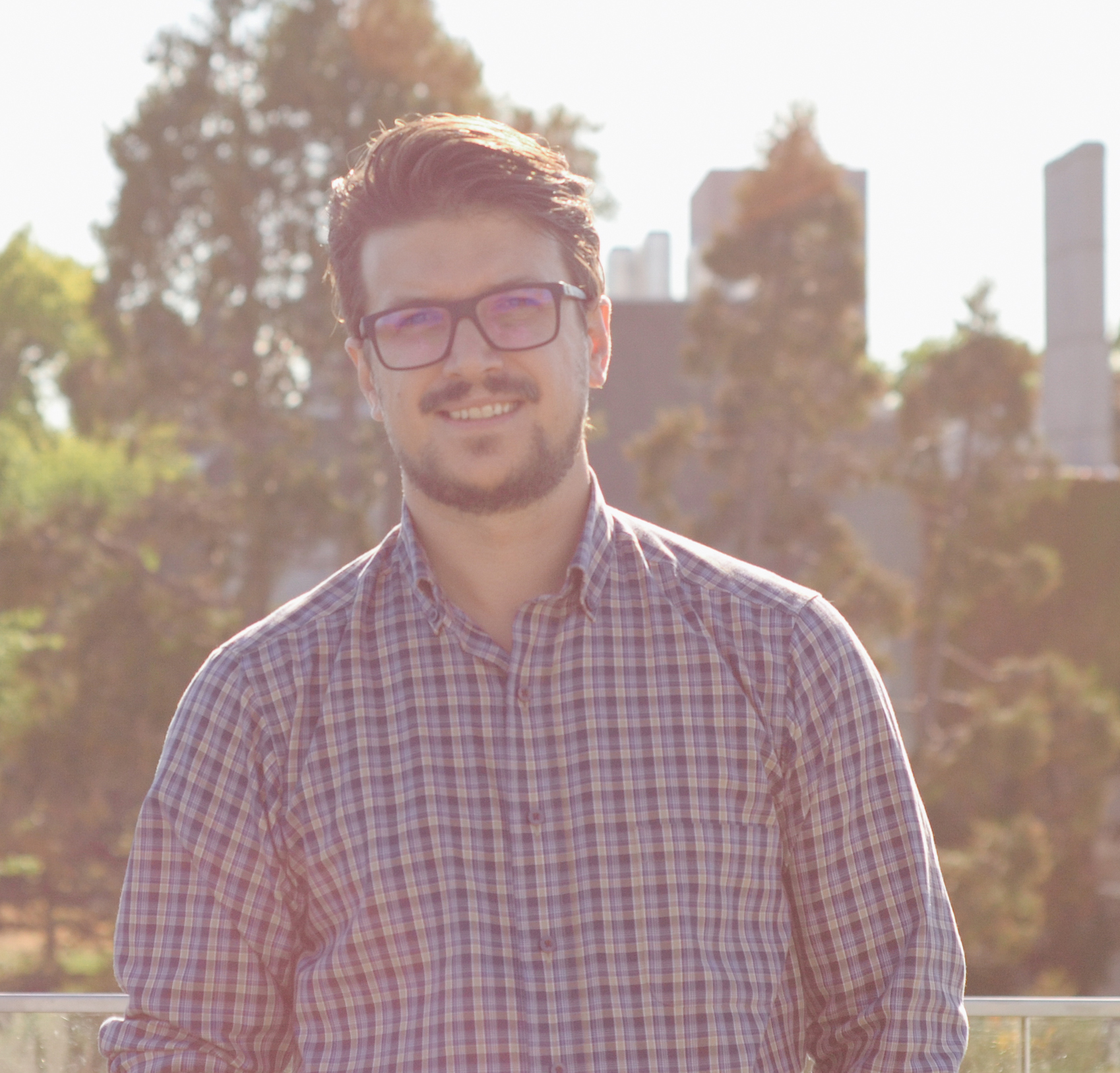
David Gaertner, Instructor, First Nations and Indigenous Studies
email: david.gaertner@ubc.caMy research is in new media, digital storytelling, and open access. I am currently writing a book called A Landless Territory?: Theorizing Indigenous New Media and Digital Storytelling, which examines the ways in which Indigenous artists, storytellers, and programmers engage the land and community with technology and digital media. I am also the co-editor of Read Listen Tell: Indigenous Stories from Turtle Island (Wilfrid Laurier UP) and the Principle Investigator for the Indigenous New Media Collective, a grant run in partnership with CiTR, UBC’s campus and community radio station. I blog at www.novelalliances.com.
-
-
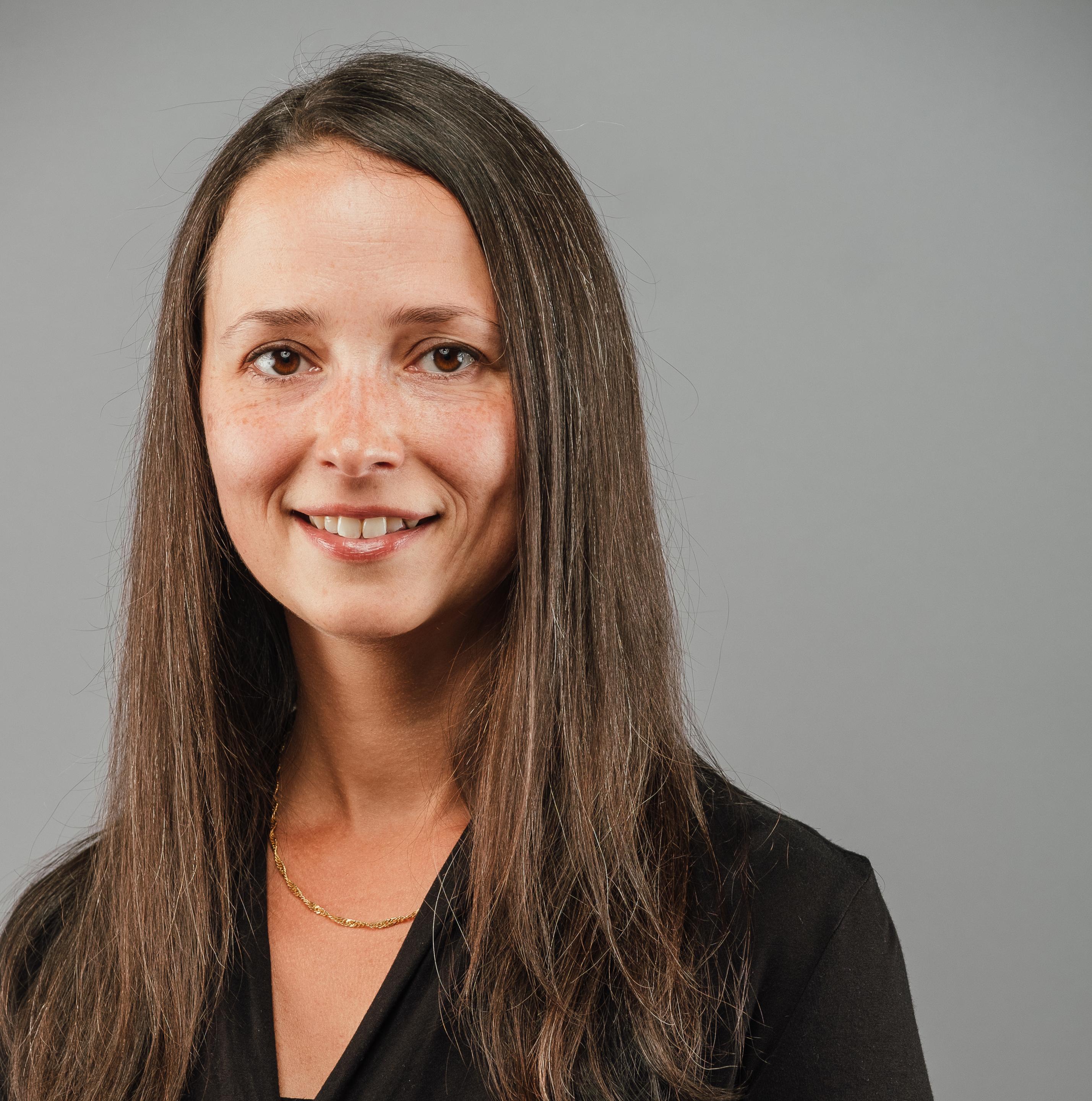
Bethany Hastie, Assistant Professor, Peter A. Allard School of Law
email: hastie@allard.ubc.caMy research examines issues attending precarious labour, which I define as work characterized by low wages, poor working conditions and a lack of job security. I explore how law operates to facilitate precariousness at and about work, focusing substantially on migrant labour, and in relation to caregiving, agricultural work, food services and retail jobs, and similar industries. Making workplace rights more accessible and effective for workers in precarious jobs is the driving force behind my research. To that end, I am currently developing a research project that explores models of collective representation to facilitate effective access to justice in the workplace and for precarious workers. This project will respond to widely documented problems that workers in precarious jobs have in accessing formal labour relations regimes, and who often experience significant labour inequality.
-
-

Suzanne Huot, Assistant Professor, Department of Occupational Science and Occupational Therapy
email: suzanne.huot@ubc.caMy research on Francophone immigration examines the experiences of people who ought to be served by two Canadian federal priorities—Official bilingualism and multiculturalism—but who instead experience gaps in service and policy that impact their social inclusion because they are positioned at the intersection of the two, rather than falling neatly into either one. In order to explore the dynamics of Francophone immigration to Canada, I critically examine governmental legislation, policies, and discourses; the role of service providing agencies; and the experiences of individual immigrants, refugees and asylum seekers. Using approaches informed by critical social theory, occupational science, and qualitative methodologies, I interrogate the ways in which governmental decisions and actions are experienced at the local scale in relation to people’s daily occupations—and in turn how these experiences affect their possibilities to engage fully in Canadian society. The term “occupation” in this sense extends beyond paid employment to encompass all activities that occupy one’s time—such as parenting and volunteering. I will be undertaking a community-based critical ethnography examining the integration of French-speaking voluntary and forced migrants within diverse community spaces.
-
-

Anthony Keddie, Assistant Professor, Department of Classical, Near Eastern and Religious Studies
email: anthony.keddie@ubc.caI am a social historian of ancient Judaism and Christianity in the Department of Classical, Near Eastern, and Religious Studies. My current research projects all focus on the relationship between religion and socioeconomic class in the urban contexts of Christian origins. I am currently finishing up two books. The first is a social and economic history of Early Roman Palestine (63 BCE – 70 CE) that endeavors to revise old scholarly metanarratives about Christian origins as a response to Roman exploitation in light of neglected “pseudepigraphic” literary texts and newly discovered archaeological, documentary, and epigraphic evidence. My second book investigates the relationship between imperialism, class, and apocalypticism in the literature of late Second Temple Judaism and Early Christianity. As an extension of these books, I have been focusing most recently on developing an interdisciplinary theoretical framework for explaining the relationship between institutional change in the Roman provinces and the development of ancient Christianity—a framework that eschews neoliberal and capitalist epistemological assumptions.
-
-

Anubhav Pratap Singh, Assistant Professor, Food Nutrition and Health Program, Faculty of Land and Food Systems
email: anubhav.singh@ubc.caI teach and conduct research in the field of food processing, particularly related to novel food processing techniques, and their impact on human nutrition and public health. My research engages a study of large-scale production, processing and preservation of food, and the impact of processed food on human nutrition and public health. Our research activities are located at the intersection of four different fields: food science, chemical engineering, human nutrition and public health. Wherein everyone has an opinion about food and ill-effects of food processing in general, my research addresses questions like: How could technology evolve to help us feed 10 billion people in 2050? How can we ensure that the food consumed, by even the poorest person, is safe healthy and nutritious? How could we, as scientists, address the negative public perception of processed food. Currently, we are developing novel food processing technologies (pulsed UV light, cold plasma, high pressure) that can reduce the need for rigorous processing, preservatives and unwanted chemicals. One aspect of this research involves in-vitro and in-vivo studies, wherein we collaborate with health sciences, in developing digestion models to characterize the effect of such new processing technologies on human nutrition. At the same time, we conduct challenge studies, in collaboration with microbiologists, to prove that our new processes can eliminate pathogens of public health concern. I also consult and collaborate with various small-scale and large-scale food industries in BC in making appropriate processing changes to meet the growing consumer awareness and evolving public perceptions about food.
-
-
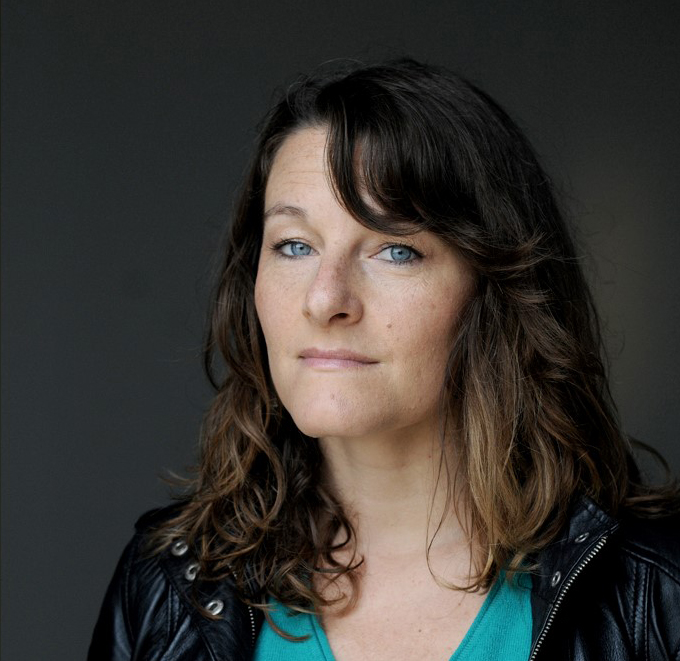
Shannon Walsh, Assistant Professor, Department of Theatre and Film
email: shannon.walsh@ubc.caI have written and directed three award-winning feature documentary films, which have screened around the world in cinemas, museums, and over 60 film festivals, as well as playing on TV in Canada, South Africa and the US. I am currently finishing my 4th feature documentary, titled Illusions of Control, and finishing the script for my first fiction feature. As a theorist, I write mainly about social justice issues, including gender and race, and I have published in a range of journals and books, such as Educational Philosophy and Theory, Area (Royal Geographic Society), Politikon, Review of African Political Economy, Gender and Development, and Feminist Media Studies. My first book, The Ties that Bind: Race and the Politics of Friendship in South Africa, co-edited with historian Jon Soske, was released in 2017. I received my PhD in anthropology and education from McGill University, and completed a postdoc at the South African Research Chair in Social Change at the University of Johannesburg in 2013. Before coming to UBC, I was an Assistant Professor at the School of Creative Media, City University of Hong Kong from 2013-2016. I currently teach Film Production as Assistant Professor, and am a Wall Scholar for 2017-2018.
-
-

Ian Williams, Assistant Professor, Creative Writing Program
email: iwilli01@mail.ubc.caI am a poet and fiction writer who teaches in the Creative Writing Program. My first book, You Know Who You Are, was a finalist for the ReLit Prize for poetry. My second book, Not Anyone’s Anything, won the Danuta Gleed Literary Award for the best first collection of short fiction in Canada. My third book, Personals, was shortlisted for the Griffin Poetry Prize, the world’s largest poetry prize. My fourth book, Reproduction, is forthcoming from Random House in 2018. CBC named me as one of ten Canadian writers to watch. I am currently at work on a novel about disappointment and a poetry collection that invents a new grammar for new feelings.
-
For a list of the:
- 2014-2015 GC Leading Scholars, click here.
- 2015-2016 GC Leading Scholars, click here.
- 2016-2017 GC Leading Scholars, click here.
- 2017-2019 GC Leading Scholars, click here.